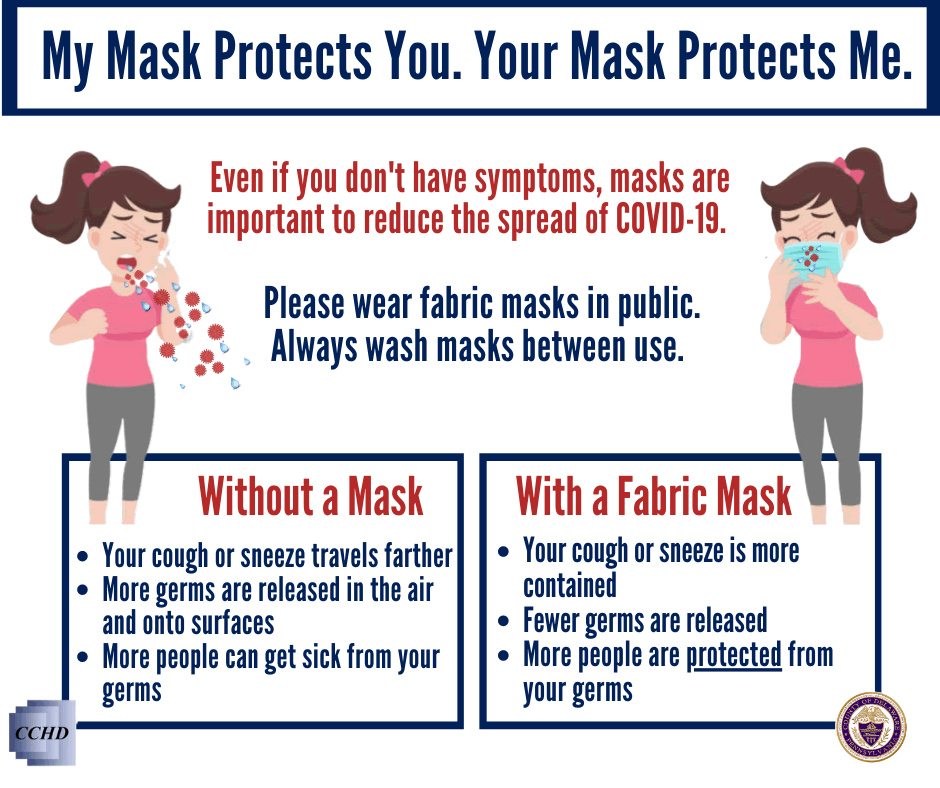This video was produced by the Winslow Indian Health Care Center
Grocery Shopping Recommendations
Download the shopping recommendations from the Navajo Department of Health.
- Prepare a healthy list (fruits, vegetables, meat, cleaning supplies & household items).
- Only ONE person to shop.
- Verify local grocery store hours.
- Take gloves, face masks, and sanitizing (wipes or liquid) in a disposable bag.
Step 2: Before You Shop
- Exit vehicle and put on gloves and face mask.
- Wipe down shopping cart/basket with sanitizing wipes.
- Maintain a distance of 6 feet apart.
Step 3: While You Shop
- Limit time in-store.
- Buy only what you need.
- Shop with sight not touch.
- Avoid touching unnecessary surfaces (face, keys, phone, or other items).
Step 4: After You Shop
- Before entering vehicle: remove gloves, place in bag and dispose.
- Use hand sanitizer immediately after.
- When home, properly wash hands.
- Rinse all produce. Wipe down food items with soap and water or sanitizing wipes.
Grocery Disinfection
If you’re concerned about potential contamination on your groceries, you can take additional steps to protect yourself:
- Wash your hands after unpacking and putting away your groceries.
- Avoid touching your face with your hands.
- Some people may choose to disinfect or wash food before storing in the house to reduce possible virus contamination
- Wash or disinfect any tables, countertops, or other surfaces that were touched by your groceries or grocery bags
- Some have been leaving non-perishable items outside for 72 hours before bringing them into the house
The Centers for Disease Control and Prevention (CDC) offers advice for cleaning and disinfecting your home during the pandemic, including which cleaners work best against SARS-CoV-2.
View these illustrations of how cough and sneeze droplets can travel more than 26 feet in the air.
You could be a carrier of COVID-19 and spread the virus to people in close proximity — for example, speaking, coughing, or sneezing — according to the CDC. Since people can spread the virus before they know they are sick, it is important to practice social distancing even if you have no symptoms.
How to protect yourself and others
Studies indicate that the virus survives on plastic and stainless steel for up to 72 hours, and on cardboard for up to 24 hours. Under the right conditions, liquid droplets from sneezes, coughs and just exhaling can travel more than 26 feet and linger in the air for minutes.
View these illustrations of how cough and sneeze droplets can travel more than 26 feet in the air.







